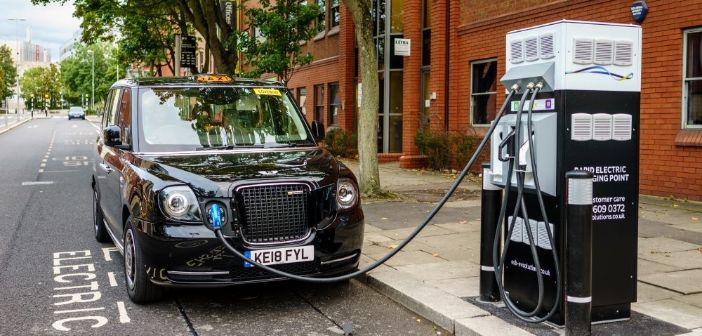Birmingham City Council is to roll out a network of fast and rapid EV charge points across the city from autumn 2020, as part of its commitment to reduce carbon emissions.
Major investment has been secured by the council to support EV uptake in Birmingham, including £2.92m from the UK government’s Office of Low Emission Vehicles and through its newly-procured EV network development partner, ESB EV Solutions.
However, over the next two years, an initial network of 394 fast and rapid charge points will be installed across Birmingham, focusing on the city centre to support the electrification of Birmingham’s taxi fleet, and to make EV charging more accessible to the public and local businesses.
The initial network development will enable electric taxis, cars and vans to charge in less than 30 minutes, depending on vehicle type. A pay-for-use model will be introduced across the network in the coming months following deployment of the first chargers.
Councillor Waseem Zaffar, Birmingham City Council’s cabinet member for transport and the environment, said: “This is huge news for our city, and a major step in supporting our climate emergency commitment to cut carbon emissions. What’s more, it will be a key driver in supporting the electrification of Birmingham’s taxi fleet, which is a major step in us improving air quality in the city centre.
“This is a complete overhaul of our electric vehicle offering and I’m looking forward to seeing the first charging points being installed being later this year.”
In addition, Birmingham City Council will work with ESB EV Solutions to develop and deliver a charging strategy for the next 12 years, which sets out plans for a city-wide EV charging system focused on meeting specific needs of communities throughout Birmingham. The locations of the charge points will be chosen based on a detailed assessment of predicted local demand.
Niall Hogan, head of ESB EV Solutions, said: “We are delighted to partner with Birmingham City Council to provide a public charging network for electric vehicle drivers throughout the city. Having worked with Transport for London and Coventry City Council, we can see the huge benefit of building a sustainable future for our cities. We look forward to supporting Birmingham and all of its citizens as they transition to low carbon motoring.”





